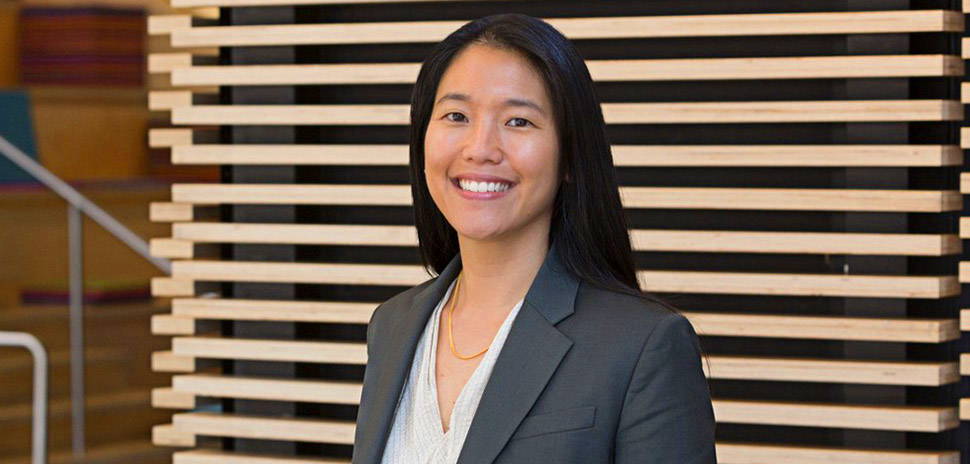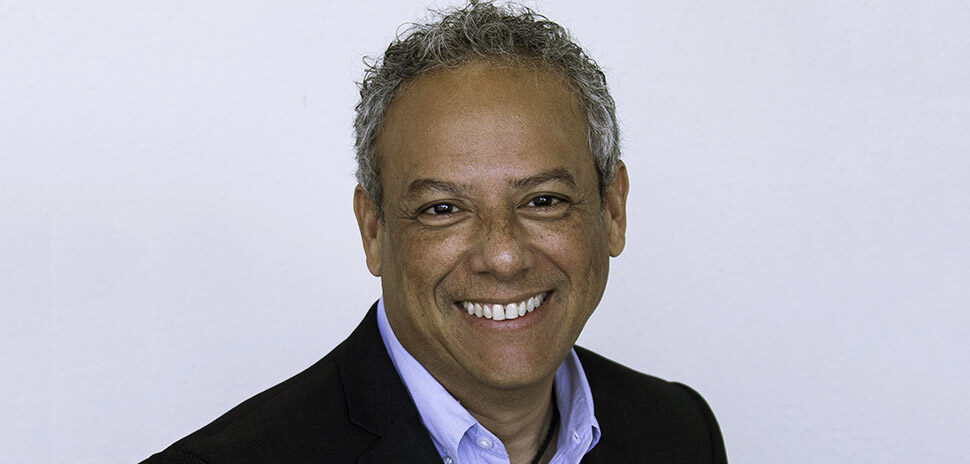The city of Dallas has a new leader helping to oversee the implementation of its first Comprehensive Environmental and Climate Action Plan. The overarching goal? To alleviate the impacts of climate change on the region.
Mayor Eric Johnson tapped Julie Hiromoto as a citywide representative to the city’s Environmental Commission, which was formed last year to put in place measures laid out in Dallas’ 2020 climate action plan.
“I truly believe architects and design thinkers have an important role to play in creating a more socially and environmentally responsible built environment, beyond the four walls of a building,” Hiromoto said in a statement.
Designing sustainability
Hiromoto is a principal and director of integration at Dallas-based global architecture firm HKS, where she’s worked since 2017. In addition to her sustainability efforts with the company, Hiromoto was part of the American Institute of Architects delegation to the recent United Nations Global Climate Change Conference in Glasgow and was the chair of the institute’s Committee on the Environment in 2020.
Hiromoto joins 14 other voting members on Dallas’ Environmental Commission, which is chaired by Kathryn Bazan, the owner of creative consulting company Nested Creative and a former staffer at the Texas Commission on Environmental Quality. Each city council member is named a representative to the commission, except for District 3 Councilmember Casey Thomas II.
The commission includes the voting members, along with eight non-voting technical experts who also advise and help take resident complaints on environmental concerns to the city council’s Environment & Sustainability Committee, which is chaired by Councilmember Paula Blackmon. So far, the commission has held four meetings. To be a voting member of the commission, members are required to have at least two years of environmental experience and neighborhood environmental advocacy.
‘We have an opportunity to lead’
The Environmental Commission aims to meet the goals laid out in the 2016 Paris Agreement, anticipating extreme weather caused by a five-degree increase in the region’s average temperature that could potentially costs the states economy $12.5 billion per year by 2050. It also plans to implement a number of objectives focused on sustainability and mitigating climate change. Goals of the commission include increasing energy efficiency in buildings, generating renewable energy, making transportation more efficient, and improving air quality, among other things.
“We have an opportunity to lead on the global and national stage as part of the climate solution by holding ourselves accountable for our impact on the quality of life here in Dallas and beyond,” Hiromoto said.
![]()
Get on the list.
Dallas Innovates, every day.
Sign up to keep your eye on what’s new and next in Dallas-Fort Worth, every day.






























